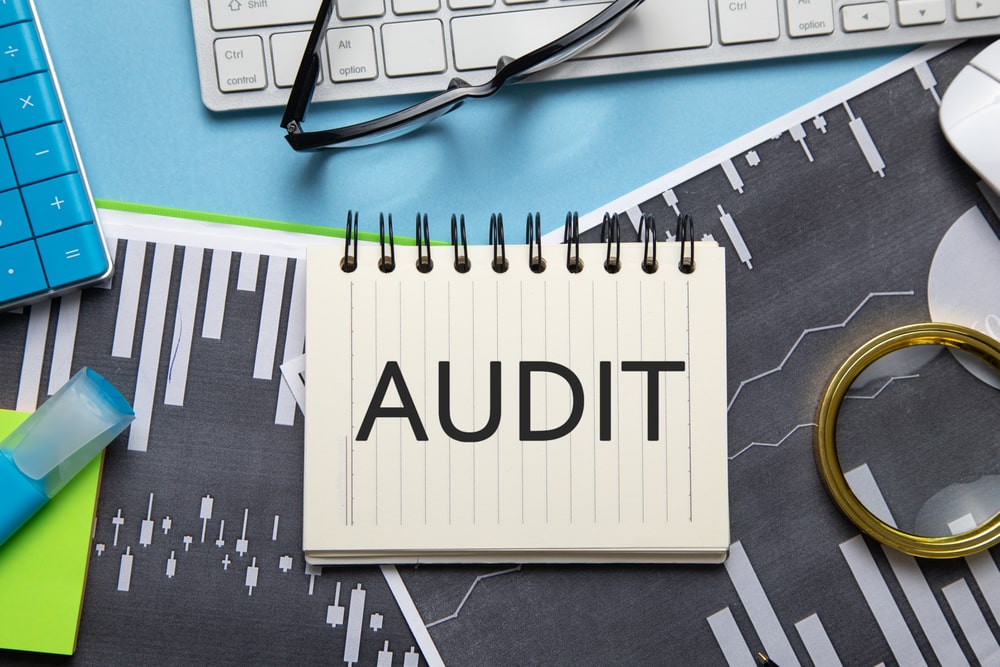Government contract audits are a critical aspect of working with federal agencies, ensuring that contractors comply with the stringent requirements set forth in their contracts. These audits are designed to verify that contractors are accurately reporting costs, adhering to the terms of their agreements, and maintaining proper documentation. The audit process can be rigorous, and failing to pass an audit can result in penalties, repayment of funds, or even disqualification from future contracts.
There are several types of government contract audits, including pre-award audits, post-award audits, and compliance audits. Each type serves a different purpose but generally focuses on assessing the accuracy and fairness of the contractor’s financial practices. Being prepared for these audits is essential for maintaining good standing with federal agencies and ensuring the continued success of your contracting business.
Preparation Steps
Proper preparation is the key to successfully navigating a government contract audit. Contractors should take a proactive approach to ensure that their financial records and operational practices are audit-ready at all times.
- Understand the Audit Requirements: The first step in preparing for an audit is to thoroughly understand the specific requirements and criteria that will be evaluated. This includes familiarizing yourself with the contract terms, applicable federal regulations, and the specific areas the audit will cover, such as cost accounting standards, timekeeping practices, and billing procedures.
- Organize Financial Documentation: Maintaining accurate and well-organized financial records is crucial. Contractors should ensure that all invoices, receipts, payroll records, and other relevant documentation are properly filed and easily accessible. This not only facilitates the audit process but also helps demonstrate compliance with contract requirements.
- Review Internal Controls: Strong internal controls are essential for ensuring that financial transactions are accurately recorded and that any potential issues are identified and addressed promptly. Contractors should review their internal controls to ensure they are robust and compliant with government standards.
- Conduct a Pre-Audit Review: Performing a pre-audit review allows contractors to identify and rectify any potential issues before the official audit begins. This review should include a thorough examination of financial statements, cost allocations, and compliance with contract terms.
- Train Staff: Employees involved in managing government contracts should be trained on the audit process and their specific roles during an audit. This ensures that everyone is prepared to respond to auditor requests and provide the necessary documentation promptly.
Common Audit Issues
Government contract audits often uncover common issues that can lead to complications if not addressed beforehand. Some of these issues include:
- Inadequate Documentation: One of the most frequent audit findings is the lack of adequate documentation to support costs charged to the contract. Contractors must ensure that every expense is well-documented and justifiable under the terms of the contract.
- Non-Compliance with Cost Accounting Standards: Failure to comply with federal cost accounting standards can result in disallowed costs. Contractors need to ensure that their accounting practices align with these standards and that costs are allocated correctly.
- Improper Timekeeping Practices: Accurate timekeeping is crucial for contracts that involve labor costs. Auditors will closely examine time records to ensure that employees’ hours are properly recorded and billed to the correct projects.
- Inconsistent Billing Practices: Auditors may identify discrepancies in billing practices, such as overbilling or underbilling. Ensuring that billing is consistent with the terms of the contract and accurately reflects the work performed is essential.
How Peter Witts CPA Ensures Audit Readiness
Peter Witts CPA provides comprehensive support to government contractors, helping them prepare for audits and ensure ongoing compliance with federal regulations. Our team of experts offers a range of services designed to make the audit process as smooth and stress-free as possible.
- Audit Preparation and Planning: We work with contractors to develop a detailed audit preparation plan that addresses all aspects of the audit process. This includes reviewing contract terms, organizing financial documentation, and conducting pre-audit reviews to identify and mitigate potential issues.
- Internal Control Review and Improvement: We assess the effectiveness of your internal controls and provide recommendations for strengthening them. Strong internal controls are crucial for maintaining compliance and preventing audit findings.
- Compliance Support: Our team helps ensure that your accounting practices align with federal cost accounting standards and other regulatory requirements. We assist in implementing compliant timekeeping and billing practices to reduce the risk of audit findings. On the topic of compliance, our article on navigating multi-year government contract compliance is worth a read.
- Ongoing Monitoring and Support: Audit readiness is not a one-time event but an ongoing process. We provide continuous support to help contractors maintain compliance and be prepared for audits at any time. This includes regular reviews of financial records, training for staff, and updates on regulatory changes.
Successfully preparing for a government contract audit requires careful planning, attention to detail, and a proactive approach to compliance. By taking the necessary steps to ensure audit readiness, contractors can avoid costly penalties, maintain their eligibility for future contracts, and build strong relationships with federal agencies.
If your organization is preparing for a government contract audit or looking to strengthen its audit readiness, Peter Witts CPA is here to help. Go through our plans and subscriptions to learn more about how our specialized services can support your audit preparation efforts and ensure that your contracting business remains compliant and successful.

